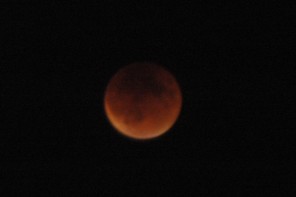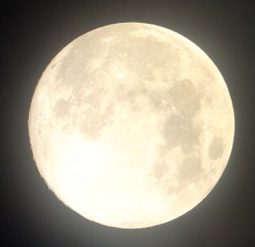Taylor Swift was recently quoted as saying:
I’d like to think you don’t stop being creative once you get happy.
It isn’t surprising that Ms Swift, who has earned many awards for her creativity, has spoken volumes in one brief insightful sentence.
George Bernard Shaw wrote: ‘Imagination is the beginning of creation. You imagine what you desire, you will what you imagine, and at last, you create what you will.’ Steve Jobs said: ‘Creativity is just connecting things. When you ask creative people how they did something, they feel a little guilty because they didn’t really do it, they just saw something. It seemed obvious to them after a while.’
I think Ms Swift was referring to something else, a different element of creativity that we all have within us, something a bit more profound.
Creativity is a response to a need, like a hunger. There must be hunger or there will be no feast. Looking at the early lives of many of our most creative poets, authors, painters, and musicians, we often see lives rife with sorrow and desolation. For example, Dorothy Parker, a very successful poet, satirist, and screenplay writer, struggled with abuse as a child, the death of her parents and step mother at an early age, and later, alcoholism, depression, and unsatisfactory relationships. It was the darkness of her life that shaped her creativity, which entertained others in the form of satire.
One of the most brilliant and imaginative writers in American literature was Edgar Allan Poe, whose life was riddled with sorrow, conflict, and self-destructive behaviours. No Pollyanna he who wrote ‘The Raven’, ‘The Tell-tale Heart’, and other macabre stories. Some of his most beautiful poetry was tinged by sorrow and the grave.
The Elizabethan poet Robert Herrick wrote many moving, beautiful love poems to a variety of ladies. Many scholars believe that few (perhaps none) of these women actually existed. It may have been that Herrick wished he had someone to love, or perhaps he was expressing in beautiful verse his desire for someone to love him.
Fantasy is a form of creation; it can be an end in itself, or the beginning of a much more productive effort. It is a desire for something better, or at least, something different. The human being always struggles to maintain a sense of balance. Something bad has happened, now something good must take place. From the ugliness of our past, beauty will arise. Fantasy can help us to achieve a sense of balance. The step after fantasy is creation.
This is not to say that in order to be creative, you must have led a tragic life; rather, many of the best creative souls seem to have come from heartrending beginnings. There may well be a highly creative musician, artist or writer whose life has been scarred by happiness, but I have yet to find that person. I’m not sure I’d want to.
When we are filled with that hunger—the sense of loss, or something missing, or injustice in our past—there is a companion piece to that awareness. We have some idea what we would like to have happen. Once you know, you can ‘imagine what you desire, you will what you imagine, and at last, you create what you will.’ Creativity is an expression of self-awareness. You only can be creatively expressive if you know what you want to communicate.
Ms Swift’s thought that creativity should not end once happiness in life is achieved is a challenging one. We need darkness as well as happiness for contrast in our lives. Tennessee Williams wrote: ‘If I got rid of my demons, I’d lose my angels.‘
Creativity demands one more thing from us (there’s always one more thing, isn’t there?)
It takes courage to reach within, to explore or recall the experiences that shaped us. We may not understand them at first, which is why we return to them again and again, until we have taken everything from the experience that we can. It takes courage to reveal parts of ourselves that are so private, and express them to the world in a way that will be appreciated by those who read, see or hear our work, and know us a little better.
When I first read Taylor Swift’s comment about continuing to be creative when we are finally happy, I thought she was referring to drawing inspiration from our joy. Certainly this is desirable, but the need for contrast remains. We appreciate a hearty banquet when we remember what it is like to be hungry. We appreciate our happiness when we recall that once we were sad or hurt.
Now, having worked through her thought while writing this piece, I realize that what she was saying was that she’d like to think we can still be creative when we are happy, because we have the courage to remember and not relive the less happy times.
‘Creativity takes courage.’ ― Henri Matisse




Very nicely put together :)…I could connect so much with this piece…thanks for writing 🙂